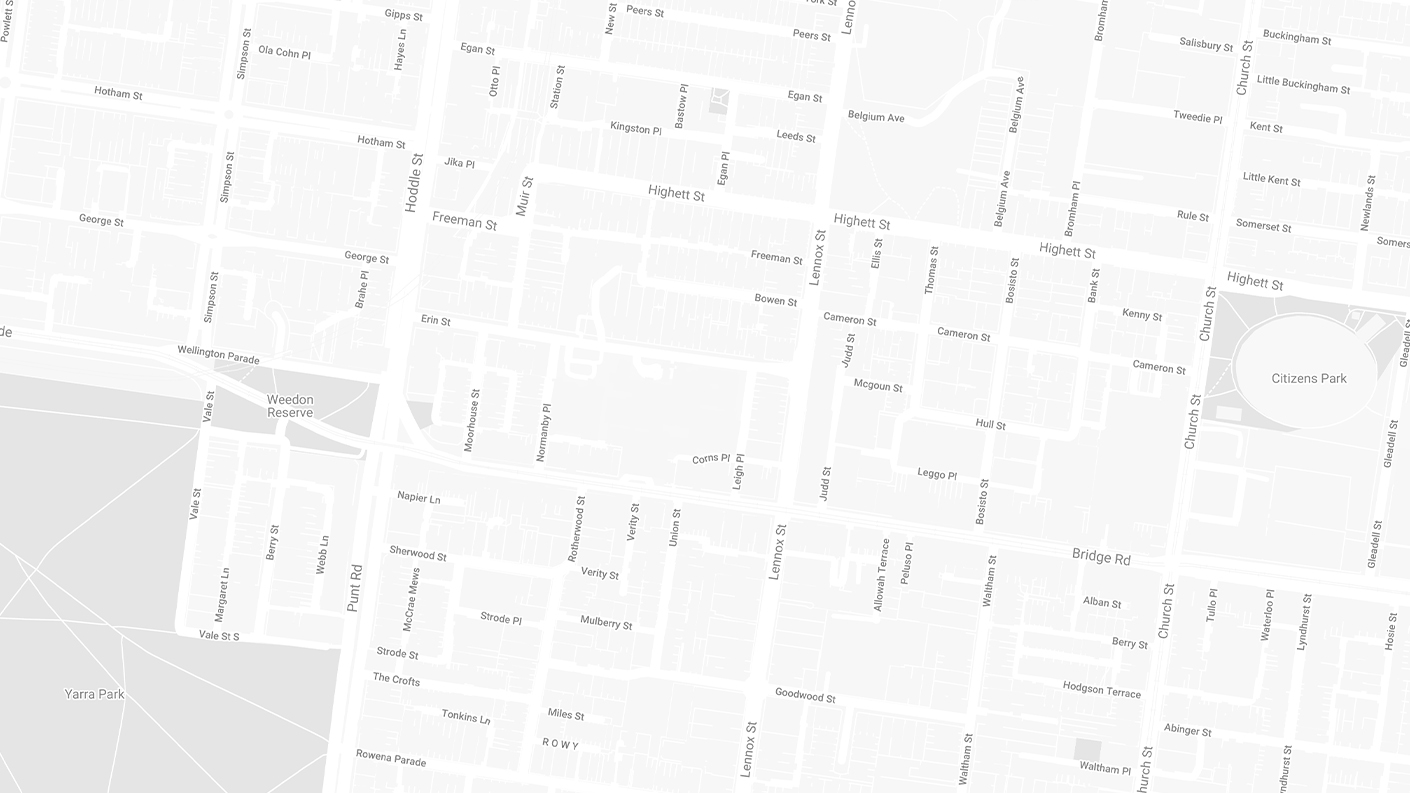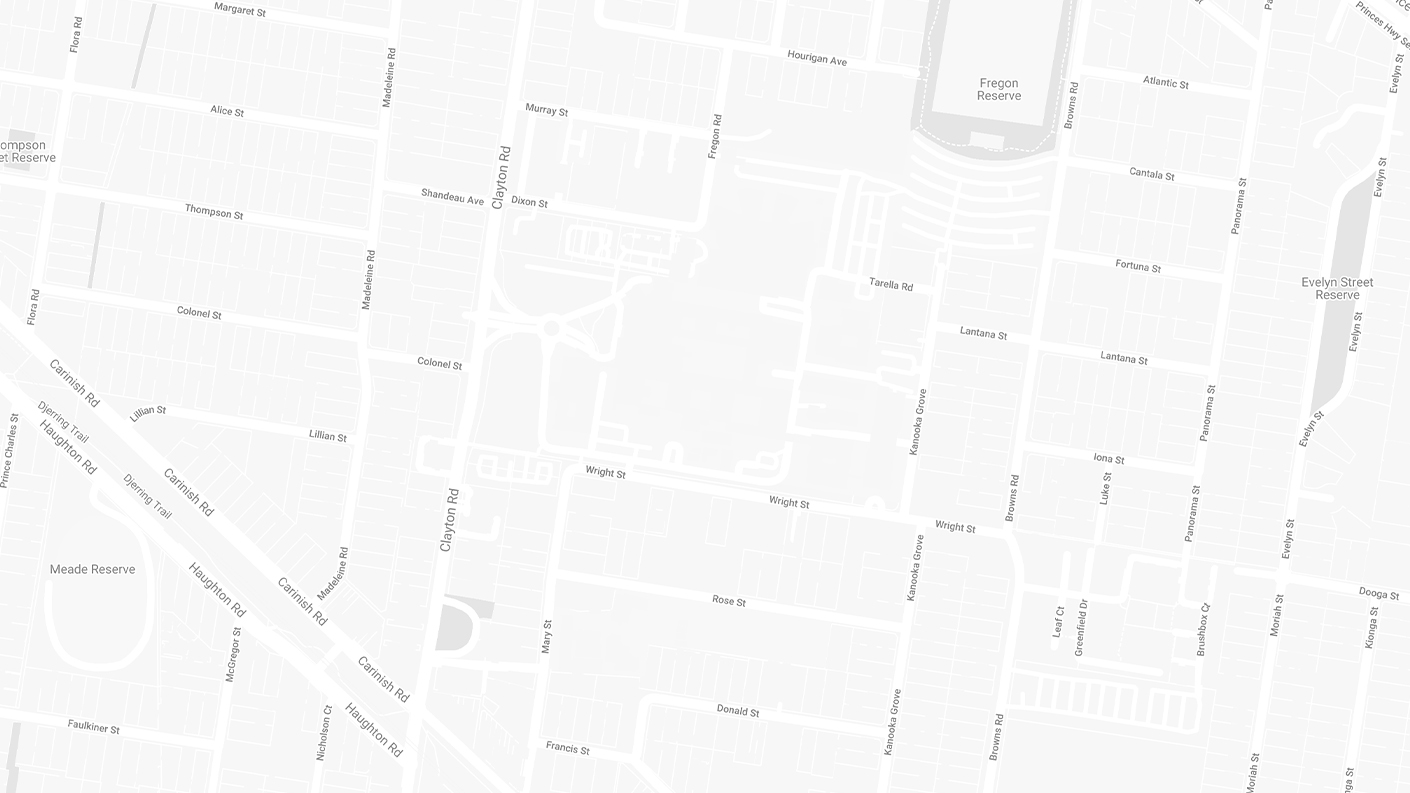A/Prof. James Lee is an experienced surgeon, providing patients with relief from appendicitis
What is the appendix?
The appendix is a small, narrow pouch that protrudes from the colon and sits where your large intestine meets your small intestine. The exact function of the appendix is not totally clear, with many believing that it’s purely an evolutionary carry over, which no longer has any necessary function in the human body. Because the appendix is not a necessary organ, it can therefore be completely removed when appendicitis occurs.
What is appendicitis?
Appendicitis is when the appendix becomes blocked and infected due to bacterial invasions, bowel adhesion, or a viral infection. Symptoms include pain in the abdomen, nausea, loss of appetite, constipation or diarrhoea, and high temperature. Appendicitis is treated as an emergency as it may lead to appendix rupture. Pain from appendicitis can become quite severe if not treated quickly, with pain often beginning around the belly button and then moving as the pain worsens. Once inflammation begins and the patient starts to experience pain, it is important to see a doctor as soon as possible.
Appendicitis is generally diagnosed by asking your about your symptoms and conducting a physical exam. Often you will be referred for lab work or for medical imaging tests.
Appendix surgery
Appendix surgery, or appendicectomy, is typically an emergency surgical treatment in which the appendix is removed. This can be done as an open appendicectomy or laparoscopic appendicectomy.
Open appendicectomy
This treatment involves an incision on the lower right side of the abdomen about 2-4 inches long. The appendix is removed completely.
Laparoscopic appendicectomy
The vast majority of appendicitis patients can be treated by keyhole surgery. This surgery involves three small incisions in the abdomen through which surgical instruments are used to remove the appendix.
Recovery might involve returning home following the procedure, or staying in the hospital overnight. If your appendix burst, then recovery might take longer.
Appendix Surgery With A/Prof. James Lee
A/Prof. James Lee is an experienced general and endocrine surgeon who provides appendix surgery to patients throughout Melbourne. Although appendix surgery is generally an emergency procedure, meaning patients often may not have time to research prior to their surgery, James Lee ensures to provide his patients with the most education and communication possible throughout the course of the procedure.
CONTACT US
Get in touch

Ask a question or Book an appointment.
Please fill in the online enquiry form to ask a question or book an appointment.
Or call today on (03) 9246 6466
Get in touch
For any enquiries, concerns, or to book a consultation, get in touch with our friendly team. We look forward to hearing from you.







